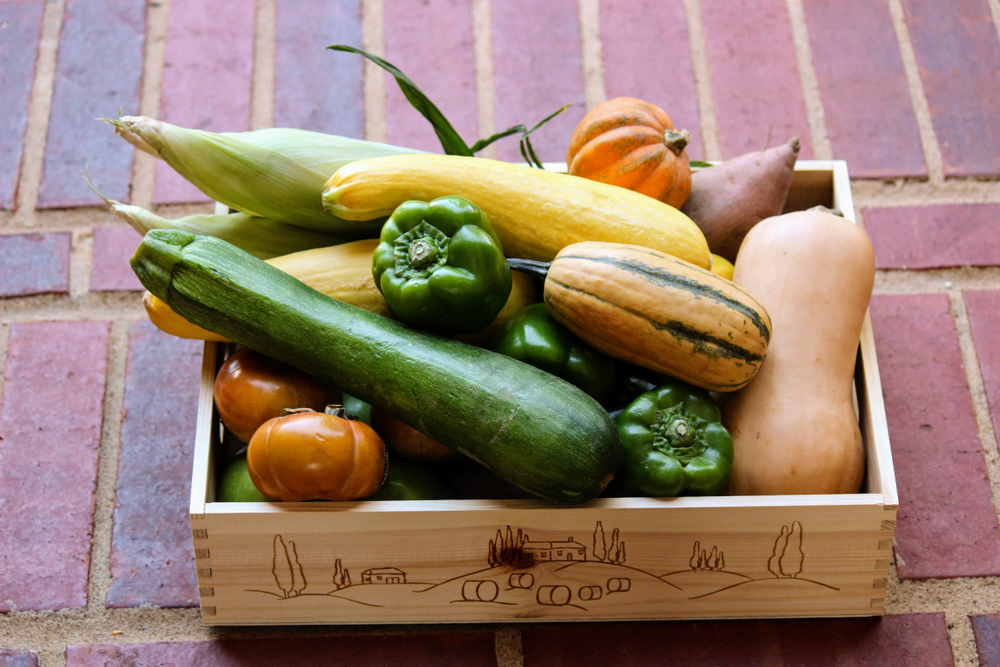
A group of southern Wisconsin farmers and food producers are opening the Community Kitchen Co-op, which will use a community supported agriculture model to provide fully prepared locally sourced meals, bakery, dairy, eggs and more to subscribers.
The Wisconsin Economic Development Corp. is supporting the effort with a $48,900 grant.
“As a community effort, this truly helps address economic well-being for rural residents,” says Missy Hughes, secretary and CEO of WEDC. “This model, which organizers hope can be replicated elsewhere, gives farmers and food producers reliable income and ensures that everyone is making a wage of at least $15 an hour. Their commitment to local food and preserving produce also cuts down on waste and aids the environment.”
For $165 a month, subscribers receive two fully prepared dinners that each serve two people; two portions of a lunch soup or salad; two portions of crackers, bread or rolls; two portions of vegetables or salad; and an additional two portions of a prepared grain or additional seasonal vegetable each week. Additional local food and customization options — including regular and gluten-free breads and desserts, eggs and more — can be added.
Food can be picked up at locations throughout the area including in Monticello, Monroe, Brodhead and Madison. It can also be delivered within a 20-mile radius of the kitchen including to residents in Madison, Verona, Fitchburg and other nearby locations.
The first “Eater” shares will go out the week of Oct. 5, says Dela Ends, president of the co-op’s board. Right now, staff are preserving local produce “like crazy” in a rented restaurant kitchen as the group works to finish and license its own building in Monticello.
“People are thinking more about where their food comes from,” Ends explains. “There are really a lot of people who don’t like to cook but they want to have healthy and local food.”
Ends, who has run a CSA business with her husband for many years, said that the idea — which organizers had talked about for years — is a way for rural communities to have some control over their food supply and their economies.
“Watching our neighbors go out of business is terrible,” Ends says, explaining that it is a chain reaction, leading other businesses to go out. Everything from the distances residents have to travel to shop for goods and services to the number of children in the school system is impacted by smaller farmers leaving agriculture, Ends adds.
That’s why this model is so important to try, she says. “Farmers are better supported. Consumers can buy locally.”

